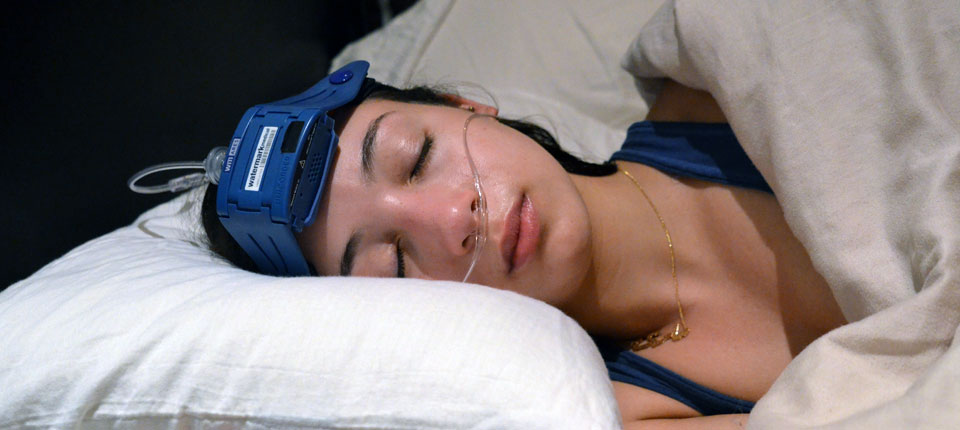
Neurology of Sleep and Sleep-Related Breathing Disorders and Their Relationships to Sleep Bruxism:
Abstract:
Conditions that affect sleep can impact overall health. More than 70 million Americans suffer from problems with sleep. The purpose of this article is to provide the basic science of sleep physiology and how it relates to disorders that are pertinent to dentistry. Concepts are presented that explain airway dynamics and how the jaw and tongue influence airway obstruction. Additionally, explanation is given on an association between temporomandibular jaw dysfunction and bruxism during sleep.
The full text of this article is available in .PDF format by verified request only. To request a copy by email please fill out the form below.
ALL fields are mandatory. Pressing "Submit" will automatically email the form to Dr. Simmons: all information is strictly confidential but will be verified.
Patient Sleep Questionnaire:
Please Click Here and take a few minutes to complete our online sleep survey.
Help us learn more about the public's sleep habits!
We treat the full spectrum of patients from infants to the elderly:
- Fibromyalgia
-

- Patients with Fibromyalgia experience poor slow-wave-sleep; lack of this slow-wave-sleep is known to increase a person's susceptibility to pain. Also, Chronic Fatigue Syndrome and morning Headaches/Migraines can be the result of repetitive sleep disruptions during the night.
- ADD/ADHD
-

- It has recently become clear that there seems to be an association between sleep disturbances and Attention Deficit Hyperactivity Disorder (ADHD) or Attention Deficit Disorder (ADD). It is not hard to comprehend that disturbed sleep can lead to symptoms of ADHD or ADD.
- Sleep Apnea
-

- For years people have thought of snoring as nothing more than a simple annoyance during the night, but recent statistics suggest that this seemingly simple noise problem may in fact increase the risk of high blood pressure, stroke, heart attack, and daytime sleepiness.
- TMJ/TMD
-

- In many people TMJ (or TMD) and clenching /grinding of the teeth in sleep is related to breathing problems (surprisingly to some). Learn more about how this is associated with snoring and sleep apnea, and what can be done to treat sleep related grinding and clenching.


